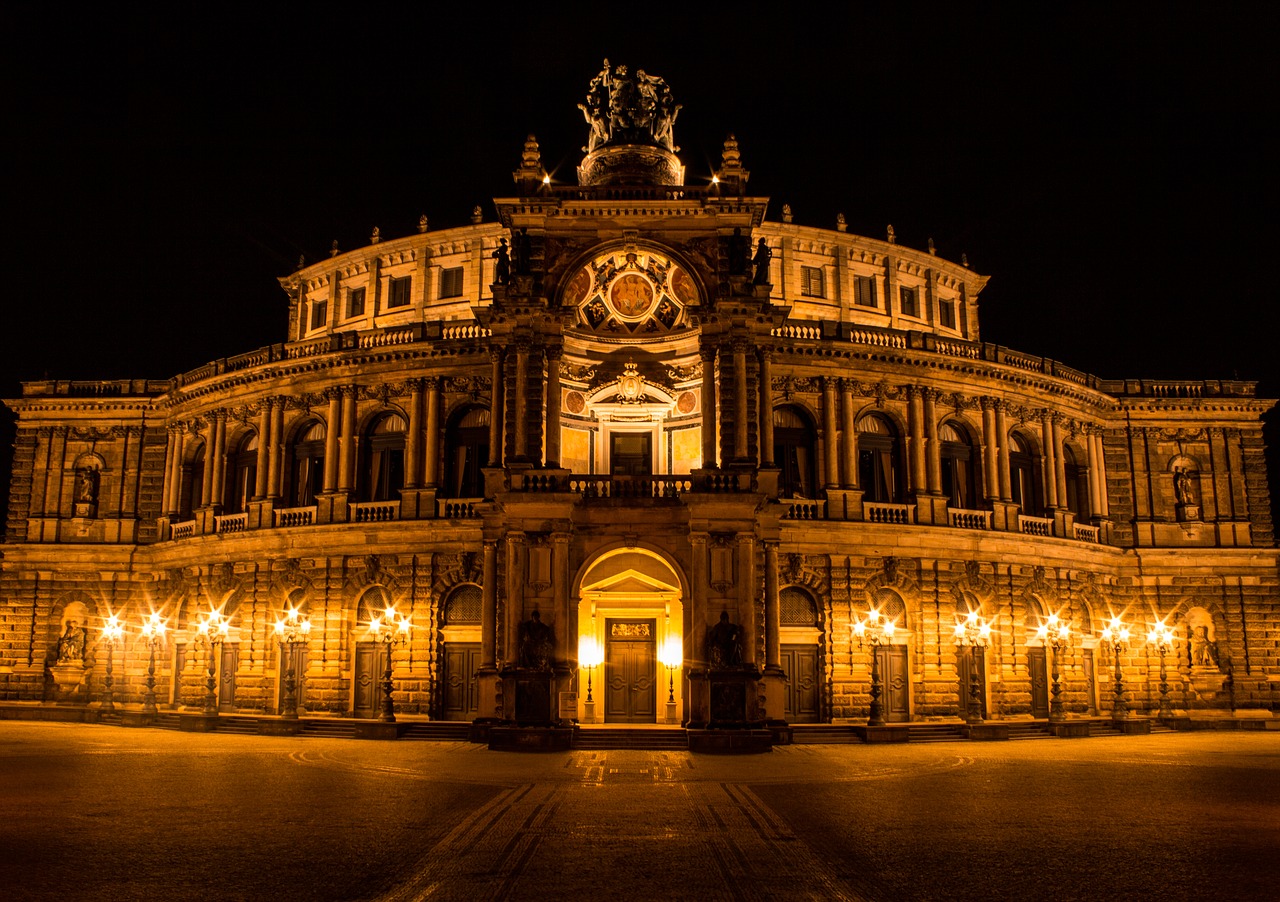The history of opera has been a long one, and the balance of text and music has varied significantly. When operas first started appearing in the early 17th century, they fused music and poetry to create a new genre. The balance has been in favour of music for many centuries, but has been restored through various “reforms.”
Opera is a way to tell a story through music and singing
Like other types of music, opera is created with a libretto, or text. The libretto is a text that is arranged for music. The opera stage is adorned with costumes, sets, special effects, and props. The whole production tells a story in a multi-dimensional way. As a result, opera has become a popular form of entertainment for many audiences.
It is an audio-visual art form
The field of auditory art encompasses all types of music except for song and opera. It also includes the arts that combine music with literature, such as mixed-media performances. Auditory art can be considered any art form that involves the use of sound and visuals. For example, audio art includes experimental theatre, conceptual art, and electro-acoustic music. This type of art combines motion with sound to create a compelling performance.
It is a form of entertainment
An opera is a form of entertainment that embodies the human instinct to create and share stories through music. In essence, it traces its roots back to its most primitive ritualistic origins. Music, the primary language of opera, expresses the collective, emotional and imaginative truths of human beings. While this type of entertainment might seem alienating or irrelevant to the average person, it is actually quite entertaining. Here are some of the reasons why opera is great entertainment.
It is a form of entertainment for the hard of hearing
While traditionally not accessible to the deaf community, the LA Phil and Deaf West Theatre are collaborating to provide opera performances to those who need them. This will be the first time that deaf theatres have collaborated with the opera world to produce opera performances in a deaf-friendly format. For this reason, there are several changes to the operatic experience for the hard of hearing.
It is a form of entertainment for the blind
The Utah Opera Company hosts a free opera night for blind people, with the help of the University of Utah Moran Eye Center and the Utah Council of the Blind. The Utah Opera company recently performed Handel’s “Julius Caesar” and featured education director Paula Fowler and general director Anne Ewers. They explained the opera’s heightened experience. Listeners can enjoy the show for free, and the experience is often inspiring.

